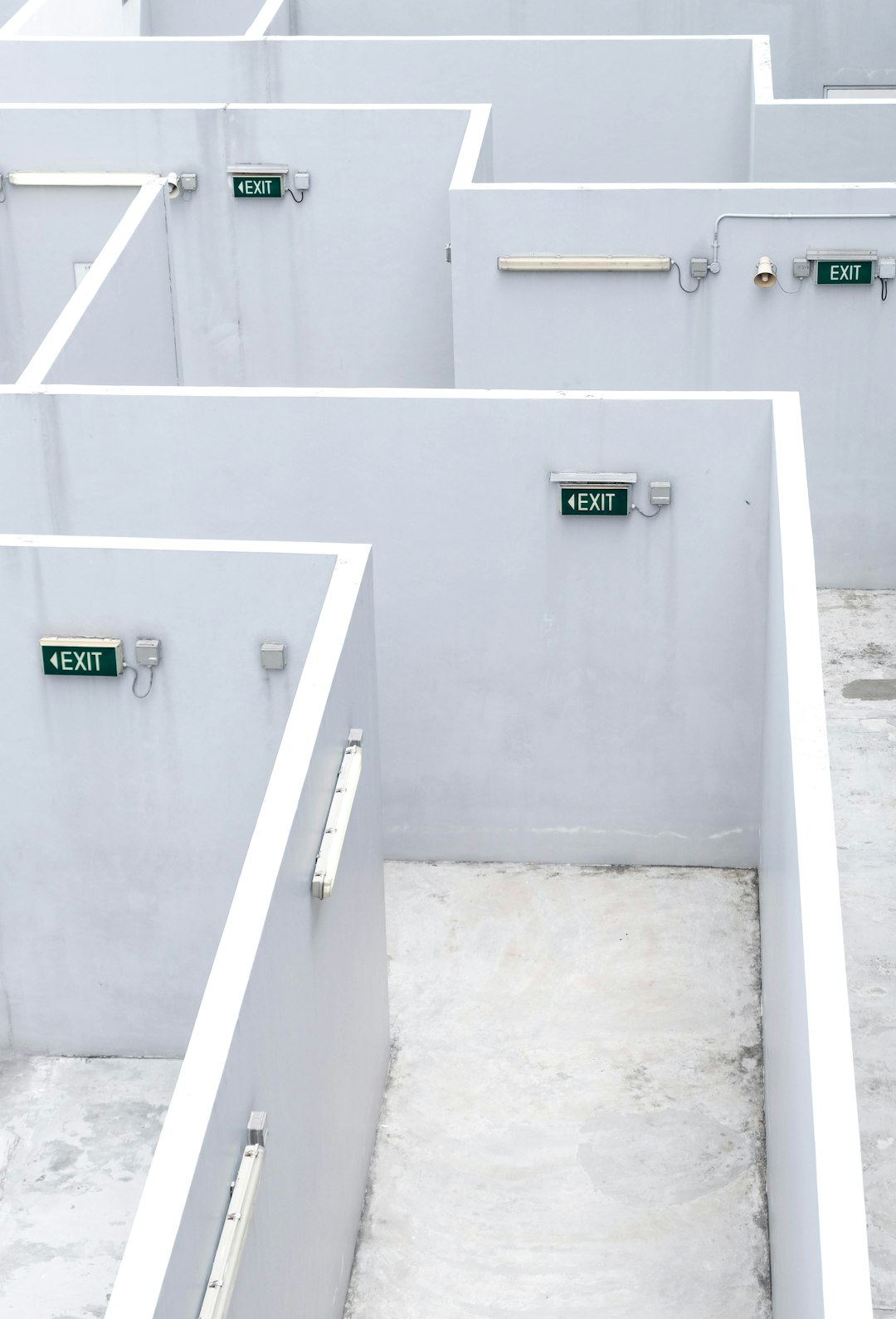The Decision To Exit
Albert Hirshman | RTO Creep | Factoids | The Good Old Days

Quote of the Moment
The ultimate in unhappiness and paradoxical loyalist behavior, occurs when the public evil produced by the organization promises to accelerate or to reach some intolerable level as the organization deteriorates; then, in line with the reasoning just presented, the decision to exit will become ever more d…

